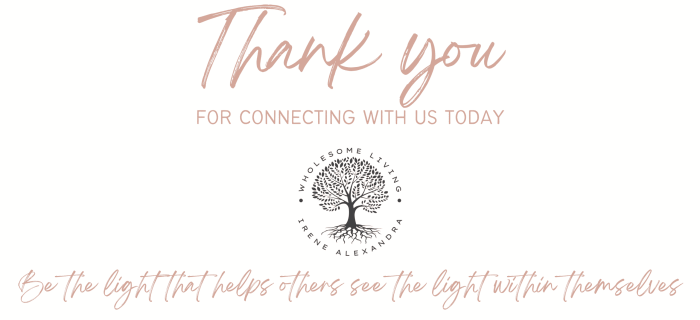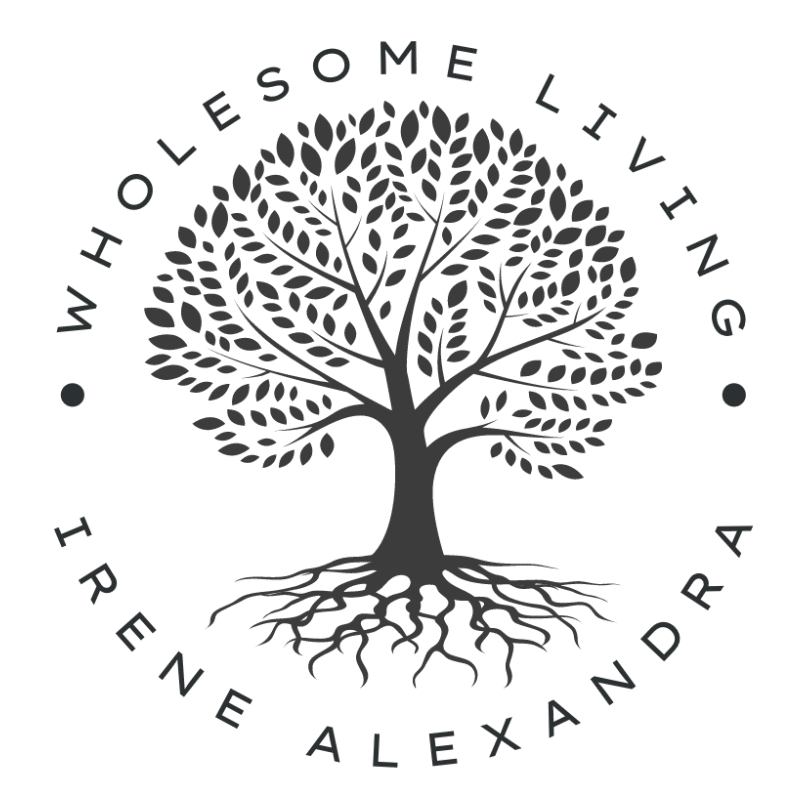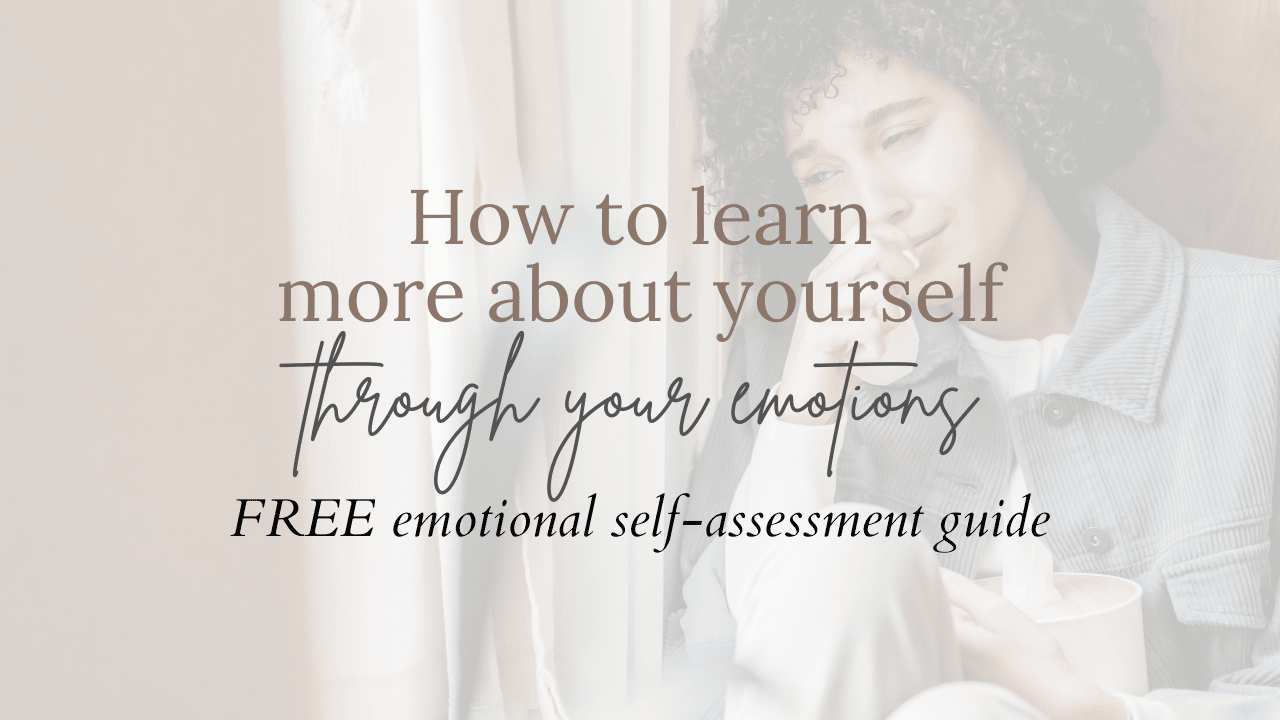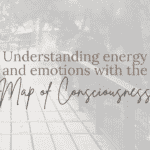Let's Talk About Emotions
Raise your hand if you’ve ever been told that you’re too emotional, that emotions are a “bad” thing, and that you need to suppress your emotions? Yup, me too. I heard this all the time growing up. And, if I’m being honest, it never made sense to me. Luckily, there is much more value and use to emotions than we may think.
Emotions are energy in motion. In other words, emotions are our body’s reaction to our experiences here on Earth.
Think of it like this (this will blow your mind!):
- Think of yourself as the big, bright blue sky. The sky always remains big, bright and blue – it doesn’t change. What does change, however, is the weather. Sometimes there are stormy clouds, sometimes there are light, fluffy clouds, sometimes there’s a thunder storm or an earthquake, and sometimes there are no clouds at all. The sky may experience different types of weather, but it would never define itself as a specific weather condition. Why? Because the weather is always changing. How can you identify yourself with something that is going to change tomorrow? Similarly, your emotions are temporary, they’re just visitors. They’re not meant to stay forever. They are simply one small facet of your human experience. Yet, while they’re here, it’s important to take the time to learn why they’re visiting. It’s very important to understand that you are not your emotions. I repeat, you are not your emotions.
- Emotions are very dense, which is why we often feel them so intensely
- Emotions have duality, with love at one end and fear at the other
- There is a wide range of emotions available for us to experience
- We are meant to experience the full spectrum of human emotion and there is nothing at all wrong with that
- Emotions often come from our mindset, or the way we think about or perceive a particular situation
This is just how our human experience here is set up. Yet, by understanding that you are not your emotions and that they are just temporary visitors, you are already ahead of the game! While some emotions feel better than others, it’s important to remember that emotions are just how we filter and make sense of our experiences and understanding of this world. With this understanding, you can then detach yourself from emotions. This doesn’t mean that you’re not supposed to or not going to feel emotions. Rather, if means that you are not defining yourself with a temporary feeling. For example, instead of saying, “I am frustrated,” you would say “I am experiencing frustration” or “I currently feel frustrated.”
Emotional Self-Assessment
The ability to self-assess is such a crucial skill. In order for us to learn, grow and develop, we absolutely must be able to honestly, and with the highest integrity, look at ourselves and self-assess. Now, what do I mean when I say “self-assess?” Quite simply I mean to analyze your thoughts, feelings, desires, motivations, habits, etc. and determine if they are beneficial to you, or the current situation. If not, then changes must be made. But, changes can only be made once an honest self-assessment has taken place.
Now that we’ve discussed what emotions are (above) and the purpose of them, let’s talk about how we can learn more about ourselves through our emotions. Below is a straight-forward 5-step emotional self-assessment that will help you unpack your emotions and learn more about yourself.
- “How am I feeling right now?”
- “Why am I feeling this way?”
- “What is a rational way to handle this situation?”
- “What can I do in the future or avoid/attract this type of situation?”
- “What does this experience teach me about myself?”
Sample Emotional Self-Assessment
An example of what the answers to these questions can look like is as follows:
“How am I feeling right now?” “I am feeling frustrated, let down and lonely.”
“Why am I feeling this way?” “I am feeling this way because I went out of my way to help someone who is supposed to be my friend but they totally ignored me and didn’t even say thank you.”
“What is a rational way to handle this situation?” “A rational way to handle this situation is to not treat her badly. Instead, I need to keep my poise and integrity and keep being a true to who I am, regardless of how other people respond. I can also talk to her about it.”
“What can I do in the future or avoid/attract this type of situation?” “In order to avoid this type of situation in the future, I can remain calm and have an honest and vulnerable conversation with my friend. I can assume the best and that it could be a misunderstanding. The outcome of that conversation can then determine my next steps.”
“What does this experience teach me about myself?” “This experience has taught me that in order to nurture healthy friendships, I also need to practice healthy and honest communication with my friends.”
There are so many other amazing strategies that you can use to learn about yourself through your emotions. This is simply one example.
By taking time to go through this emotional self-assessment whenever you experience emotions (any emotion that feels good, bad, or neutral) you will not only learn more about yourself, but you will also develop the habit to react and respond to situations in a more calm and rational way. This, in turn, will help you live a calmer and more peaceful life.
What are some strategies you use to learn more about yourself?




